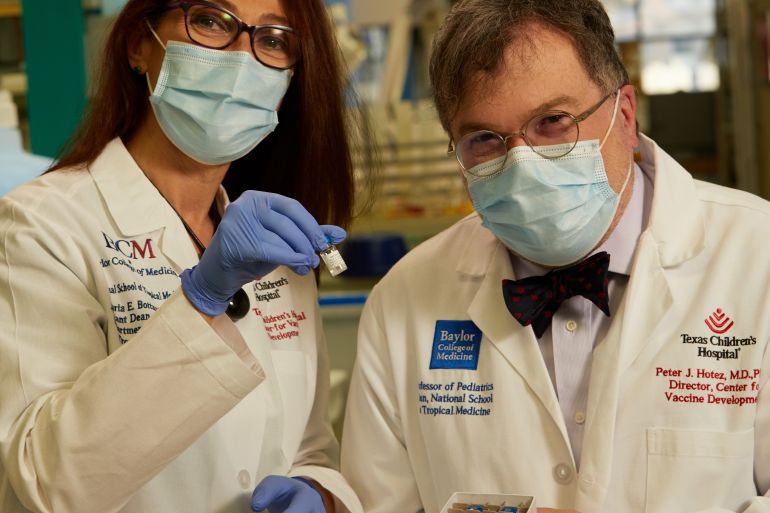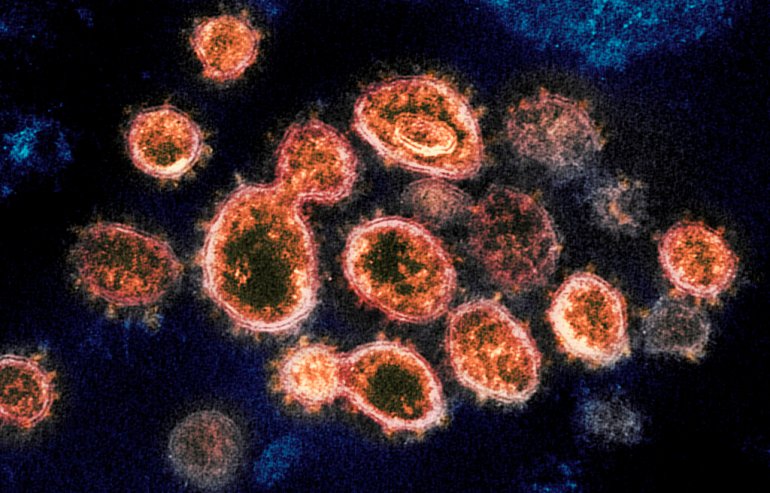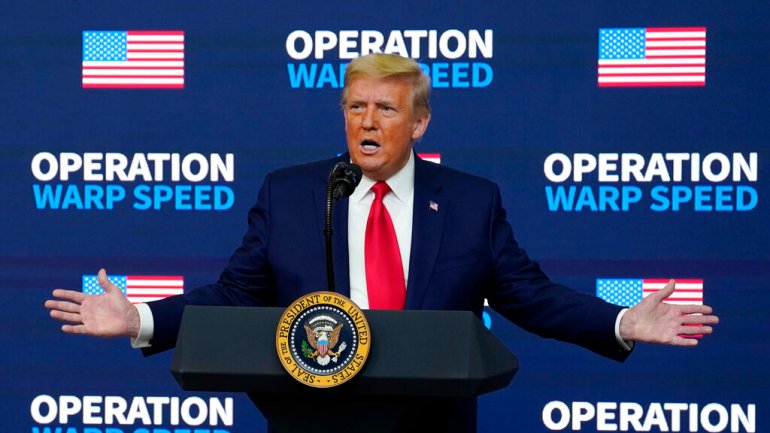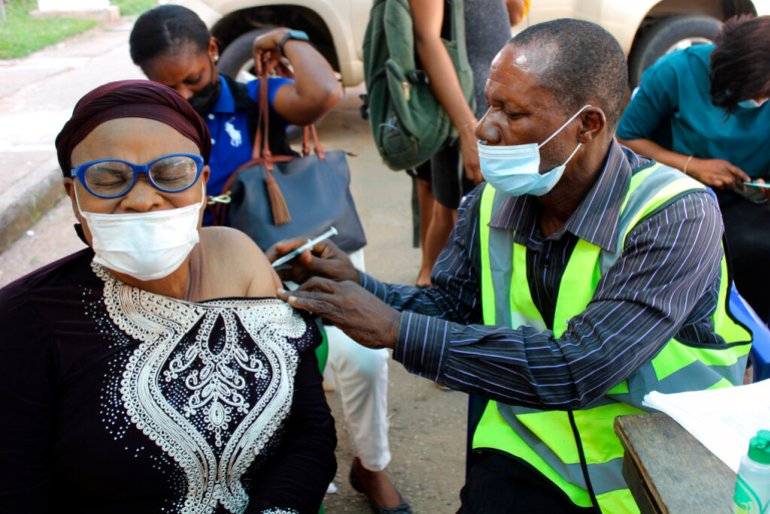US researchers share COVID-19 vaccine with the world
Using traditional technology that can be scaled widely and cheaply, Corbevax offers a potential solution to vaccine inequity.

Researchers in the United States have created a cheap, easy-to-produce COVID-19 vaccine that may offer a solution to unequal vaccine access in developing countries.
Bypassing the patent restrictions of major pharmaceutical firms, doctors Maria Elena Bottazzi and Peter Hotez at the Baylor College of Medicine and the Texas Children’s Hospital Center for Vaccine Development used traditional vaccine technology that can be deployed rapidly to help inoculate the global population.
Keep reading
list of 4 itemsAs firefighters, nurses go abroad, Zimbabweans go without
US: Bill would stop weapons makers from using China rare earths
India defence chief’s pilot ‘disoriented by weather’: inquiry
“There are countries that are just ridiculously low in the percent of access and vaccine coverage. We really have to do a better job,” Bottazzi told Al Jazeera. “We really need to vaccinate the entire world.”
The world has produced around 10 billion vaccine doses since mid-2020, but more than 70 percent of the vaccines produced last year were consumed by wealthy nations, according to public health experts. Two years into the coronavirus pandemic, significant parts of the world remain largely unvaccinated, amid the risk that dangerous new variants – such as Delta and Omicron – will continue to emerge.
While major vaccine producers such as Pfizer and Moderna fight to protect their intellectual property rights, Bottazzi and Hotez have developed a vaccine that can be used freely by pharmaceutical makers around the world.
Called Corbevax, it relies on conventional methods of production and is based on a model that the pair developed to address SARS, a coronavirus strain that broke out in the early 2000s.

Corbevax has already been approved for emergency use in India, where a vaccine manufacturer is producing 100 million doses a month, according to Bottazzi and Hotez.
Licences have also been granted to vaccine makers in Bangladesh and Indonesia, and production talks are under way in Botswana, which means that hundreds of millions of doses a month could soon be produced locally in countries that need vaccines the most.
“It’s pretty exciting,” Bottazzi said. “We’ve never made a billion of anything before.”
‘Transformative’ potential
Corbevax marks “a very important advance” in the fight against COVID-19, said Lawrence Gostin, a professor of global health law at Georgetown Law in Washington, DC.
“Texas is really doing this the right way by giving away their intellectual property and cooperating in technology transfer,” Gostin told Al Jazeera. “It has the potential to be a transformative addition to our vaccine arsenal.”
The broader US vaccine development programme, Operation Warp Speed, had focused primarily on new vaccine technology based on messenger RNA (mRNA), which teaches cells how to manufacture a protein that triggers an immune response. But while mRNA vaccines can be developed rapidly, they are difficult to produce or distribute on a massive scale when compared with older types of vaccines.
“If we’re just using mRNA technology, we would never be able to vaccinate the world,” Bottazzi said.

Yet, despite the risk of new variants emerging from large unvaccinated populations in the Global South, Bottazzi and Hotez said they were unable to draw any interest in their project from the White House.
“No one cared in the US government, and no one still really cares,” Hotez told Al Jazeera. A White House spokesperson did not immediately respond to Al Jazeera’s request for comment on the matter.
Instead, Bottazzi and Hotez turned to non-profit and philanthropic sources, including the Kleberg Foundation, the Dunn Foundation and the JPB Foundation, among others.
They patched together $7m to fund the venture, and have now licensed the vaccine “with no patents or strings attached” to pharmaceutical firms in India, Bangladesh and Indonesia.
“This concept, some people refer to as a southern ownership, others call decolonisation,” Hotez said. “In other words, we are not now going to dictate to other countries. They are going to own this.”
Building capacity
The average cost of Corbevax in India is expected to be $2 a dose, the Indian government has estimated, and its predicted efficacy in preventing severe disease is about 90 percent, according to initial data from Indian pharmaceutical firm Biological E.
In Africa, many countries are below 10 percent in the portions of their populations that are fully vaccinated, a key measure tracked by the World Health Organization. Nigeria, a nation of around 212 million people, has fully vaccinated less than 2.5 percent of its population.

Meanwhile, the US has fully vaccinated 63 percent of its population, and the benchmarks are even better in western Europe. Significant parts of Asia, South America and the Middle East have yet to catch up. Iraq’s fully vaccinated rate is 15 percent, while Syria is at five percent and Yemen at one percent.
“There is a huge vaccine capacity shortfall [in developing nations],” Prashant Yadav, a senior fellow at the Center for Global Development, told Al Jazeera. “We need much more supply this year.”
The US government has pledged to donate more than one billion doses of COVID-19 vaccine by the end of 2022, with President Joe Biden boasting that the US is donating more doses than any other nation. So far, 370 million doses have been shipped – but “it’s still just a drop in the bucket”, Gostin said.
The roll-out of the cheaper, easier-to-produce Corbevax could ultimately dwarf those numbers, with Hotez noting: “[We’re on track to meet or exceed] the entire output of the US government for global vaccines.”